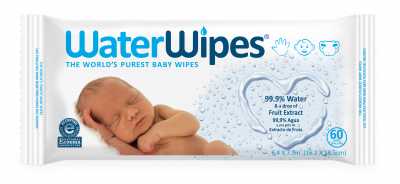MedicalResearch.com Interview with:
Karina W. Davidson, PhD, MA
Senior Vice President of Research, Northwell Health
Director, Center for Personalized Health, Feinstein Institutes for Medical Research
Dean of Academic Affairs & Professor, Feinstein Institutes for Medical Research
Donald and Barbara Zucker Professor in Health Outcomes, Department of Medicine, Donald and Barbara Zucker School of Medicine at Hofstra/Northwell
MedicalResearch.com: What is the background for this study? What are the main findings?
Response: New York was epicenter for COVID-19 at the height of the pandemic, and Northwell Health, the largest health system in New York, did everything in its power to care for our sick community members but also care for and protect our frontline health care providers (HCPs) and 72,000 employees. We were fortunate enough to have not run out of PPE – from masks to gowns. Through our employee health team we were able to offer free antibody screenings and through the Northwell Health Research Consortium and the Feinstein Institutes for Medical Research we looked to use the data collected from our consented employees to determine the prevalence of antibodies.
We designed the study to not only identify the presence of antibodies but also key factors like demographics, in what capacity our providers worked on the frontlines and if they suspected infection. Our data helped identify the best practices Northwell Health – from PPE to care procedures - and others nationwide would need to do to keep our frontline workers safe.
Key takeaways from the research show that from April 20 to June 23, of the final consented sample of health care providers (40,329), 13 percent (5,523) tested positive for antibodies. The positive sample pool included 28.4 percent (11,468) nurses and 9.3 percent (3,746) physicians.
(more…)




